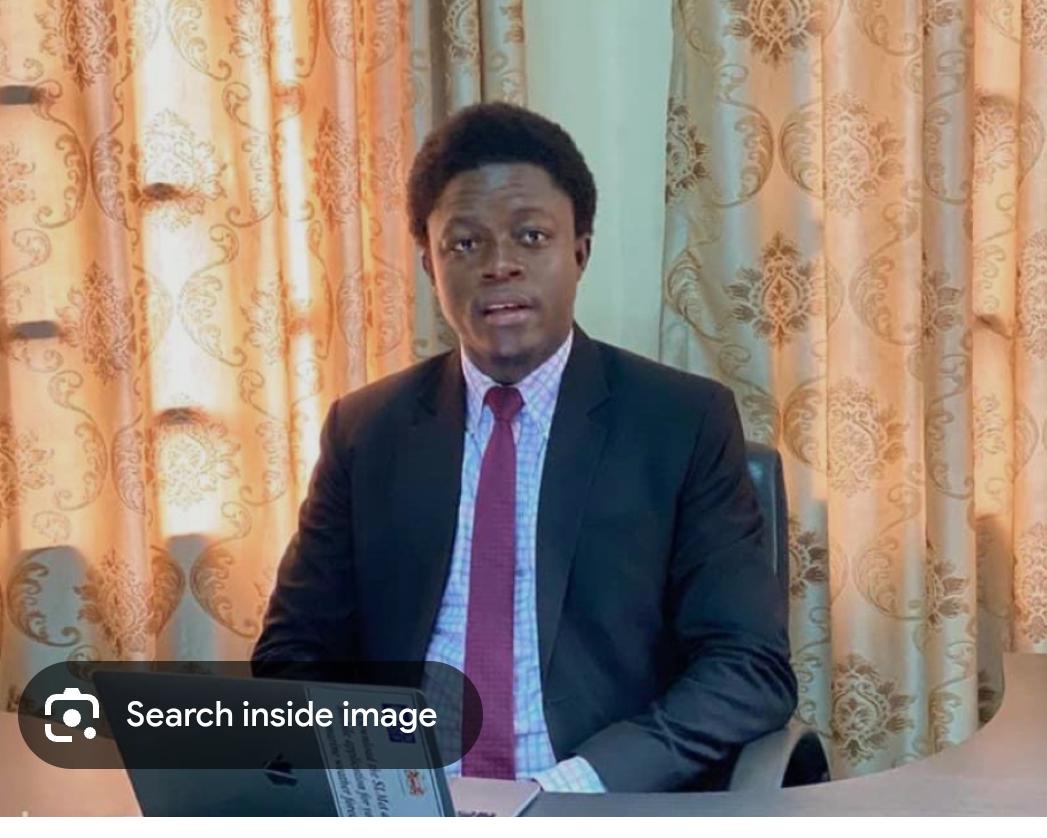By Janet A. Sesay
The Deputy Director General of the Sierra Leone Meteorological Agency, Gabriel Kakpa, has on Friday, 3rd May, 2024, given an update to the media on the weather conditions during the rainy season and has advised citizens to avoid flood prone areas during the season.
This event took place at their conference room at Charlotte Street in Freetown during the launch of the 2024 National Seasonal Outlook Forecast for Sierra Leone.
In his statement, Director Kakpa said Sierra Leone is going to expect below average rainfall in the months of June, July and August which means that there is going to be a deficit rainfall compared to past rainfalls spanning thirty (30) years.
Director Kakpa furthered that SLMet is charged with the responsibility of advising the government on all aspects of the meteorology, climatology, climate change and climate related issues, with the fundamental goal of saving lives and properties.
He said the launch will help give detailed analysis of what is expected in the 2024 rainy season, adding that it will help build the human and technical capacity of journalists in interpreting the seasonal and daily weather forecasts for decision making and onward dissemination to the general public.
He stated that this seasonal outlook is to prepare the minds of Sierra Leoneans and institutions across the country to prepare ahead and minimise some of the expected disasters or risks that occur every year during the rainy season.
Kakpa said they have various weather stations across the country which they use to monitor the weather, adding that they have one for agriculture, one for marine, one for aviation and the manual station.
He added that the tools they use for generating seasonal outlook is the climate predictable tool which all meteorological services across the world use for weather prediction.
He went on to say for this year’s seasonal outlook, they used the sea surface temperature configuration, SMS forecasting tools, forecast for world major centres and expert knowledge because it controls the model, adding that they also used 30 years of data from 1993-2023.
Director Kakpa said the minimum hours they can use to do weather forecast is from 6am to 12pm, but that for seasonal outlooks it takes months to develop what they put out to the public.
He continued that from 1995 -2023, Freetown, Makeni and Lungi have been recording some significant rainfalls which show that indeed climate change is happening.
He said for the months ahead Sierra Leoneans are going to expect rainfall and the sea surface temperature is going to be warm around the Atlantic.
He said on the expected cumulative rainfall, Kabala is expecting to get 1,040-1,080mm rainfall from June, July and August.
He said for Freetown 1,480-1,580mm rainfall for June, July and August, adding that July, August and September are the months the country will experience disaster because during June, July, August the country will record some rainfall.
He continued that they have also prepared forecasts for farmers for them to know when they should start planting their products and when they are going to harvest, adding that it is important for them to know the onset of rain as their issue is very different from the public.
He said farmers want to know when the soil will be fertile for crops and so they also need weather forecast.
Kakpa stated that most areas in Bo, Makeni and Kailahun are going to have an early planting season or early rainfall of 20mm, but for Kabala, Kono, Bonthe and others they are going have late planting.
He added that the country is going to have late end rains, except Freetown which is going to have normal rainfall at the end of the season.
He furthered that this year they are going to launch the first planting calendar for farmers to know when to plant their different crops.
Director Kakpa said on the forecast of wind, in the month of May we will be expecting heavy wind, but in the month of June, the wind will be less. However, in the months of July, August and September, we are expecting another strong wind spell, early thunderstorms and lighting, flooding, heavy pollution, and high risk of pest and insect outbreaks.
He advised that there should be strong monitoring and response capacity for flood and disaster risk reduction, adding that citizens should avoid uncontrolled occupation of flood-prone areas.
He also advised the public not to drink the first one week of rainwater because it is going to be acidic, dirty and contaminated, going on that people should wait for several days of rain before drinking it.
The Deputy Director General of the Sierra Leone Meteorological Agency, Gabriel Kakpa said climate change is here and it affects everyone in the country and therefore the public need to know about the weather.


